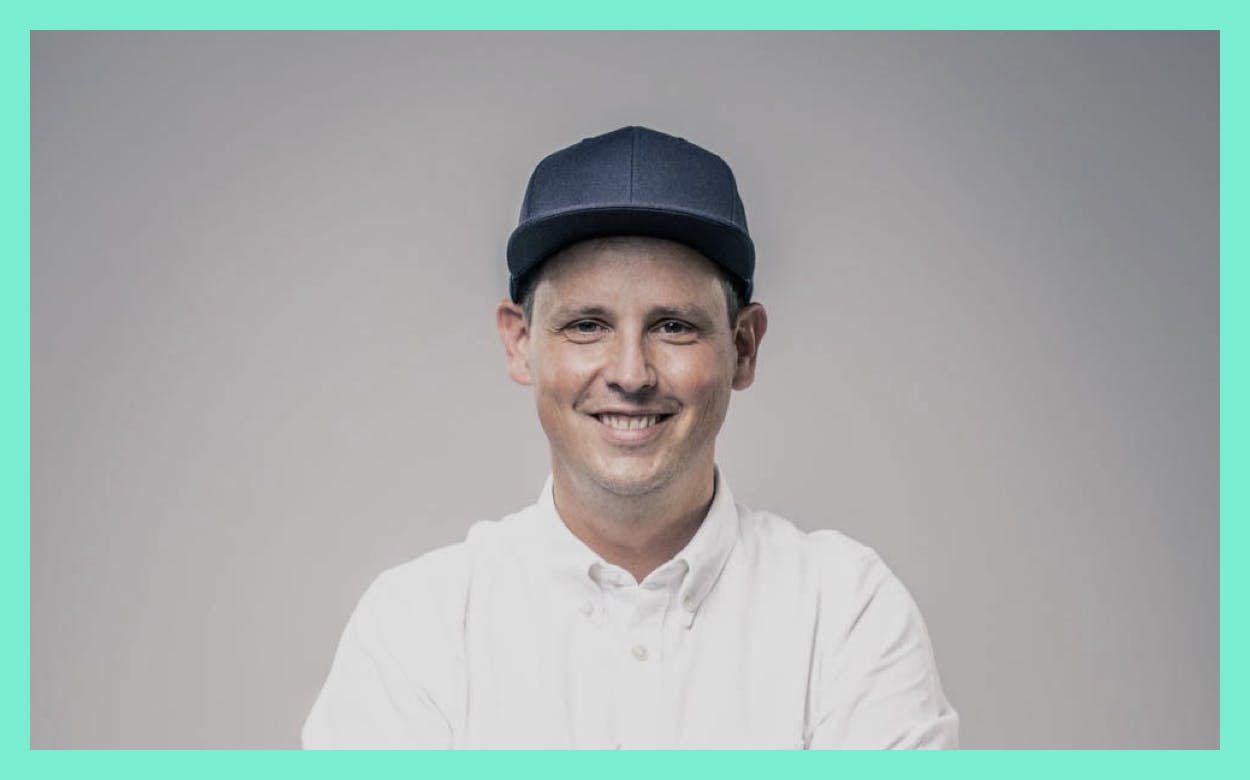Dr. Paul Hadrossek (CEO, kinderheldin)
Dr. Paul Hadrossek is a trained dentist who has long been concerned with the question of how care structures in medicine can be made more patient-centered, efficient, and quality-oriented. After establishing and expanding a dental care center in Westphalia-Lippe for three years, his path led him to Berlin in 2017 to oversee the founding of the digital health platform Heartbeat Labs. With a team of experienced founders, industry and digital experts, the Berlin-based company is driving the digitization of the healthcare industry. There he founded the telemedicine startup Kinderheldin – an online consulting service that connects experienced midwives with expectant mothers and parents. Since October 2020, he has also been a board member of Spitzenverband Digitale Gesundheitsversorgung (SVDGV).

Can you explain your job to a five year old?
Our healthcare system is filled with a lot of different players. Besides patients and doctors, there are also a lot of other relevant stakeholders like insurances, hospitals, pharma companies, politics, startups, investors, and so on. Like in every other industry we have to deal with shortened innovation cycles in a very traditional setting. A lot of those players are trying to drive innovation for better solutions and settings, but they are often having a hard time understanding the other players' needs or system-specific requirements. With my experience as a doctor, entrepreneur, connector, and consultant, I help relevant stakeholders in the system to deal with changes, shape possible innovations and enable progress for better healthcare.
What excites you most about your job?
The momentum for change and innovation in the healthcare system is stronger than ever before. That leads to endless possibilities for reinventing healthcare to a more patient-centric and outcome-based system. We still have to deal with a lot of old and system-related problems but I see far more possibilities right now and a lot of space for creation. That is exciting.
Which trend will change the future of medicine?
I think that the ongoing digital and technological development will shortly lead to the discovery of new treatment possibilities for relevant diseases like cancer or Alzheimer’s disease. Also, connectivity and digitalization will lead to the much faster individual discovery of rare diseases, a field that is often under the radar and mostly related to years of suffering for the affected patient. Besides the digital progress itself, the discoveries and innovation possibilities in the biotech sector will soon lead to a huge impact on medicine.
Looking back, which trends have you missed or underestimated?
At the beginning of my practical work with patients, I underestimated how much impact the personal relationship can have on the outcome of treatments. So all the innovations, digitalization, and new treatment possibilities can instantly bring more patient centricity and better outcomes by giving doctors more quality time with their patients.
Which MedTech initiative or startup deserves more attention?
krisenchat.de is a great initiative that is dedicated to delivering kids, teens, and young adults instant professional psychological help within a mental crisis. It is available 24/7 at the lowest possible entry points, no question asked. That is how we need to rethink digital healthcare: 100% patient-centric and solution-driven.
Where would you put a million dollars?
One half would go to Ärzte Ohne Grenzen and the other half into a German startup from the healthcare sector.
What’s the best advice you’ve ever received?
If you start building something from scratch: Done is better than perfect.